Introduction
In recent years, many families have sought environmentally responsible ways to say goodbye to their loved ones. Eco friendly burial options provide a sustainable alternative to traditional funerals, helping reduce the environmental impact of end-of-life practices. These options prioritize natural decomposition, biodegradable materials, and conservation of land and resources.
This guide will explain the various eco friendly burial options, their benefits, considerations when planning, and tips for choosing the right green funeral for your loved one.
What Are Eco Friendly Burial Options?
Eco friendly burial options, often referred to as “green burials,” are designed to minimize environmental impact while providing a dignified farewell. Unlike conventional burials, which may use chemical embalming, metal caskets, and concrete vaults, green burials emphasize:
- Biodegradable caskets, shrouds, or urns
- Natural burial grounds without artificial landscaping
- Minimal resource use and carbon footprint
- Preservation of wildlife habitats and natural landscapes
Types of Eco Friendly Burial Options
1. Green Burial in Natural Cemeteries
Natural cemeteries, sometimes called conservation or woodland cemeteries, offer eco friendly burial plots without traditional headstones or vaults. These sites preserve natural landscapes, and graves are marked with native plants, stones, or simple plaques.
2. Biodegradable Caskets and Shrouds
Green burials use caskets made from bamboo, wicker, cardboard, or untreated wood, as well as biodegradable burial shrouds. These materials decompose naturally, returning nutrients to the soil without introducing harmful chemicals.
3. Water or Aquatic Burials
Aquatic burials involve placing cremated remains in biodegradable urns and returning them to oceans, lakes, or rivers. These options often comply with local environmental regulations and allow for a natural return to the water cycle.
4. Human Composting
Also known as natural organic reduction, human composting transforms remains into nutrient-rich soil. This method is gaining popularity in several U.S. states as an environmentally conscious alternative to burial or cremation.
5. Hybrid or Memorial Trees
Some families choose to plant a tree using the remains of a loved one. These living memorials create a lasting impact on the environment and serve as a natural tribute.
Benefits of Choosing Eco Friendly Burials
- Environmental Impact: Avoids harmful chemicals, reduces landfill use, and conserves natural resources.
- Lower Cost: Green burials can be less expensive than traditional burials due to simpler caskets and no vault requirements.
- Connection to Nature: Many find comfort in returning to the earth naturally and preserving the land for wildlife.
- Legacy: Supports sustainability and demonstrates care for future generations.
Considerations When Planning an Eco Friendly Burial
Planning a green burial involves several factors:
- Local Regulations: Confirm local or state laws regarding burial methods, including aquatic burials or human composting.
- Cemetery Selection: Natural cemeteries may be limited in availability, so early planning is recommended.
- Family Preferences: Discuss eco options with loved ones to ensure everyone’s wishes are respected.
- Memorialization: Decide whether to use natural markers, plaques, or other symbolic memorials.
- Environmental Certification: Look for cemeteries or products certified for eco friendliness, such as Green Burial Council certification.
How to Choose the Right Green Burial Option
- Identify the type of eco burial that aligns with your values and goals.
- Research local natural cemeteries and their policies.
- Consider biodegradable caskets, shrouds, or urns that meet environmental standards.
- Consult with a funeral director or green burial specialist for guidance and legal compliance.
- Plan the memorial service with sustainability in mind, using eco-friendly materials and practices.
FAQs
Q: Are eco friendly burials legal?
A: Yes, but laws vary by state. Most green burial methods are legal if conducted in approved cemeteries or with proper permits.
Q: How much does a green burial cost?
A: Costs vary depending on cemetery fees and materials. Green burials are often less expensive than traditional burials.
Q: Can I pre-plan an eco friendly burial?
A: Yes, advance planning ensures your wishes are followed and can simplify arrangements for your family.
Q: Are there environmental certifications for burial products?
A: Yes, organizations like the Green Burial Council certify cemeteries, caskets, and urns for eco friendliness.
Q: Can cremation be eco friendly?
A: Traditional cremation has a carbon footprint, but options like water cremation or hybrid methods reduce environmental impact.
Conclusion
Choosing eco friendly burial options allows families to honor their loved ones while supporting environmental sustainability. By selecting biodegradable materials, natural cemeteries, or innovative methods like human composting, you can create a meaningful and responsible farewell. Careful planning, consultation with professionals, and awareness of regulations ensure that green burials provide a compassionate, lasting impact on the earth and the community.


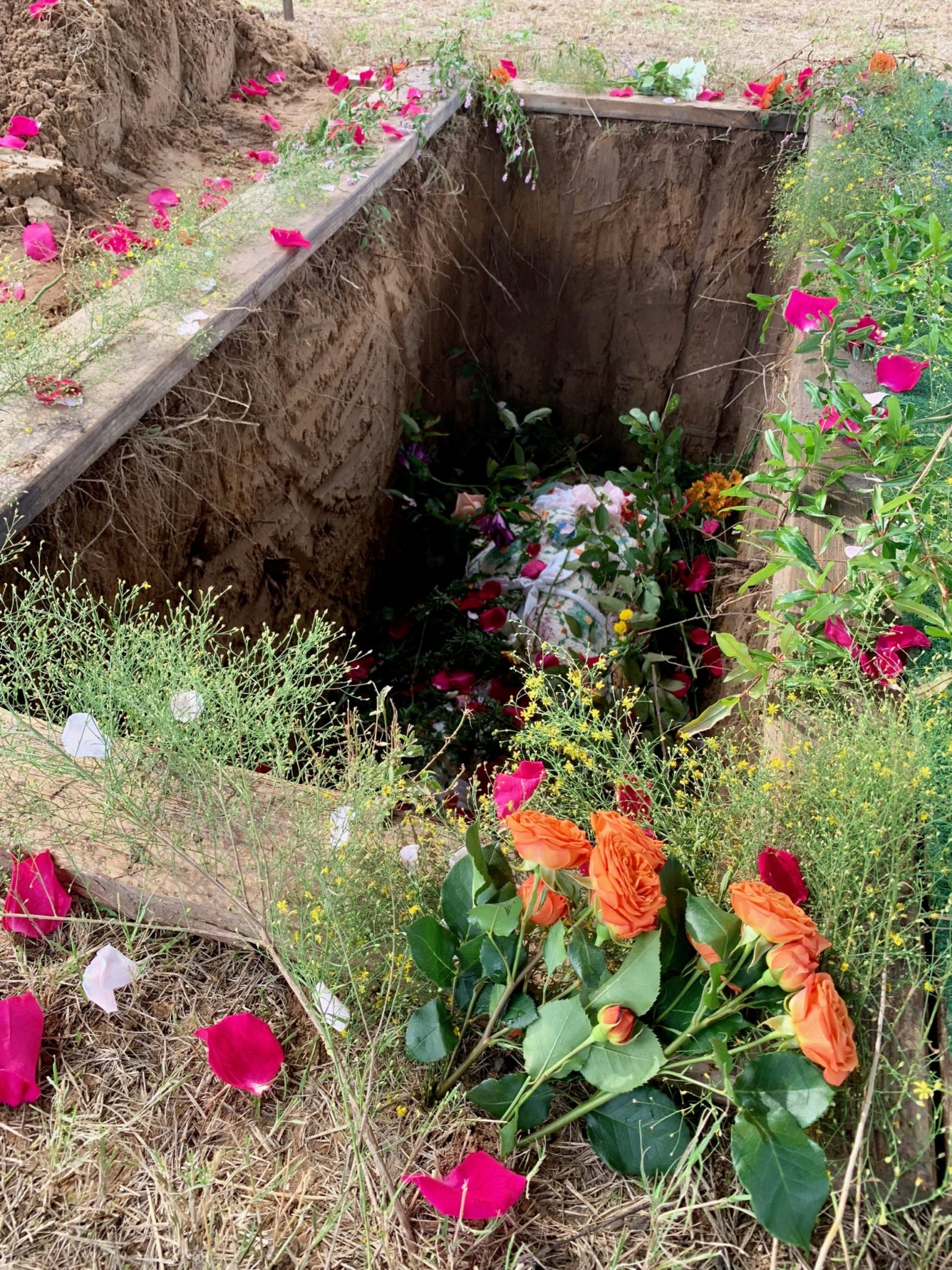
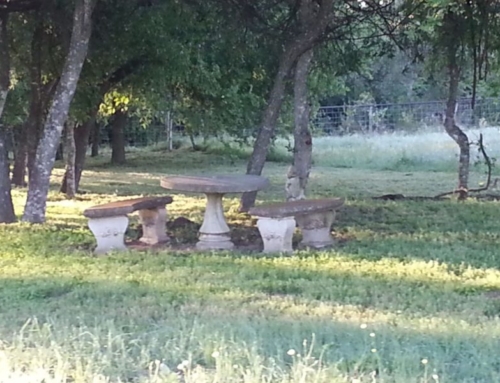
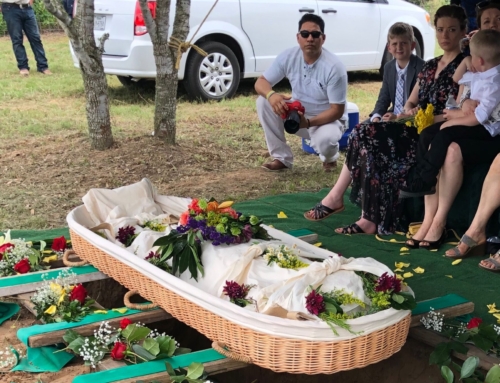
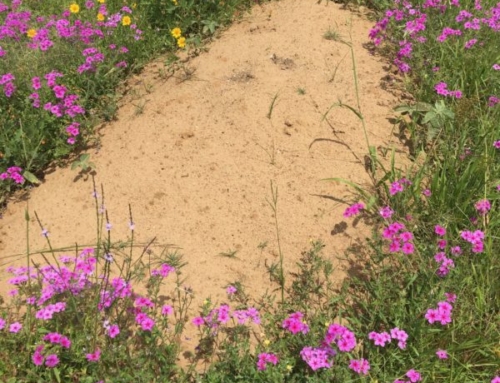
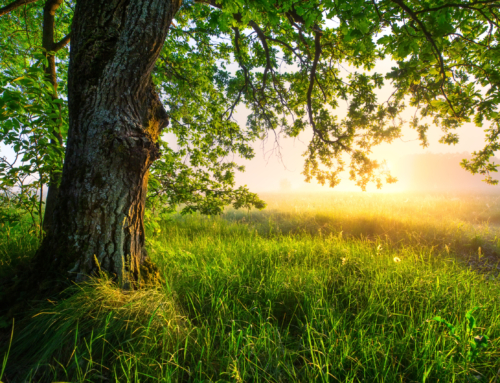
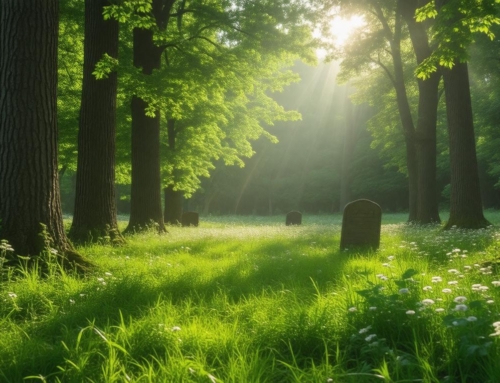
 Chrysta Bell Zucht is an internationally known Actor, Musician and the Steward of Countryside Memorial Park. She has always shared her father’s passion for Natural Burials, and upon his unexpected death in 2009 had the soul-satisfying experience of giving him the green burial he had always wanted. She remains deeply dedicated to Countryside and has vowed to continue to offer it as a serene, peaceful place for eco-conscious families to bury, memorialize and celebrate their Beloveds.
Chrysta Bell Zucht is an internationally known Actor, Musician and the Steward of Countryside Memorial Park. She has always shared her father’s passion for Natural Burials, and upon his unexpected death in 2009 had the soul-satisfying experience of giving him the green burial he had always wanted. She remains deeply dedicated to Countryside and has vowed to continue to offer it as a serene, peaceful place for eco-conscious families to bury, memorialize and celebrate their Beloveds. Music adds a memorable and deeply moving element to any ceremony, especially if it is music that your Loved One loved.
Music adds a memorable and deeply moving element to any ceremony, especially if it is music that your Loved One loved.